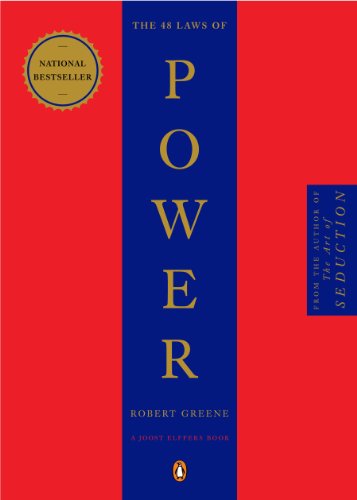

This article is an excerpt from the Shortform summary of "The 48 Laws of Power" by Robert Greene. Shortform has the world's best summaries of books you should be reading.
Like this article? Sign up for a free trial here .
Why do they say “know your enemies”? How does knowing your enemy help you get the upper hand over your opponent?
Knowing your enemies is essential to wielding power. When you know your opponent’s secrets, you can predict his behavior and control him. You can enlist spies to gather intelligence for you, but it’s better to be a spy yourself. Adopt a friendly manner and you’ll get people to spill their plans and weaknesses.
Here’s why and how to know your enemy.
Why You Should Know Your Enemies
Joseph Duveen, the most successful art dealer of the early 1900s, is a good illustration of the reasons for knowing your enemies. Duveen had a monopoly on selling art to millionaire collectors, but he didn’t have Andrew Mellon as a client and set out to remedy that.
He secretly began paying several of Mellon’s staff for information on Mellon’s tastes, ambitions, and habits, as well as his travel plans. Once he knew what made Mellon tick, he set up accidental meetings, showing up where he knew Mellon would be. Joseph Duveen showcased his charm and knowledge of art, and pretended to share Mellon’s tastes. He even rearranged his personal gallery to reflect Mellon’s tastes and then invited him over to see it. Mellon loved the collection, admired Joseph Duveen’s taste, and soon became his most lucrative client.
To wield power as Joseph Duveen did, you need to understand others: their intentions, goals, and ambitions, as well as secrets, weaknesses, and ulterior motives. This knowledge enables you to predict what they’ll do in the future.
However, most people won’t intentionally tell you these things; you need a way to ferret out the information without their knowing it. Be friendly and listen. It’s easy and effective to pose as a friend while collecting information. Say little while getting others to do the talking—and listen.
Here are some additional tips on how to know your enemy:
Especially pay attention at social gatherings. People’s guards are down, they’re drinking, and they’re trying to be friendly. Say little while showing great interest in others, and they’ll talk freely. People will interpret your interest as friendship, and you’ll build allies as well as learning secrets.
Don’t be too obvious in probing for information, however, or you’ll arouse suspicions. Use friendly chatter.
Set traps. You can say untrue things and then watch for people’s reactions, which can tell you what you want to know.
Pretend to share confidences. When you offer fake confidence, pretending to bare your soul, others will respond with real confidences. Another conversational trick is to strongly disagree with or contradict someone — they’ll get agitated and say more than they intended to.
The information you gather from spying is power because it enables you to predict how others will act in the future, and you can plan accordingly.
———End of Preview———

Like what you just read? Read the rest of the world's best summary of "The 48 Laws of Power" at Shortform . Learn the book's critical concepts in 20 minutes or less .
Here's what you'll find in our full The 48 Laws of Power summary :
- Why you should never outshine your boss
- How to appear like a friend but behave like a spy
- The 6 rules you absolutely must not violate, if you want to be successful






